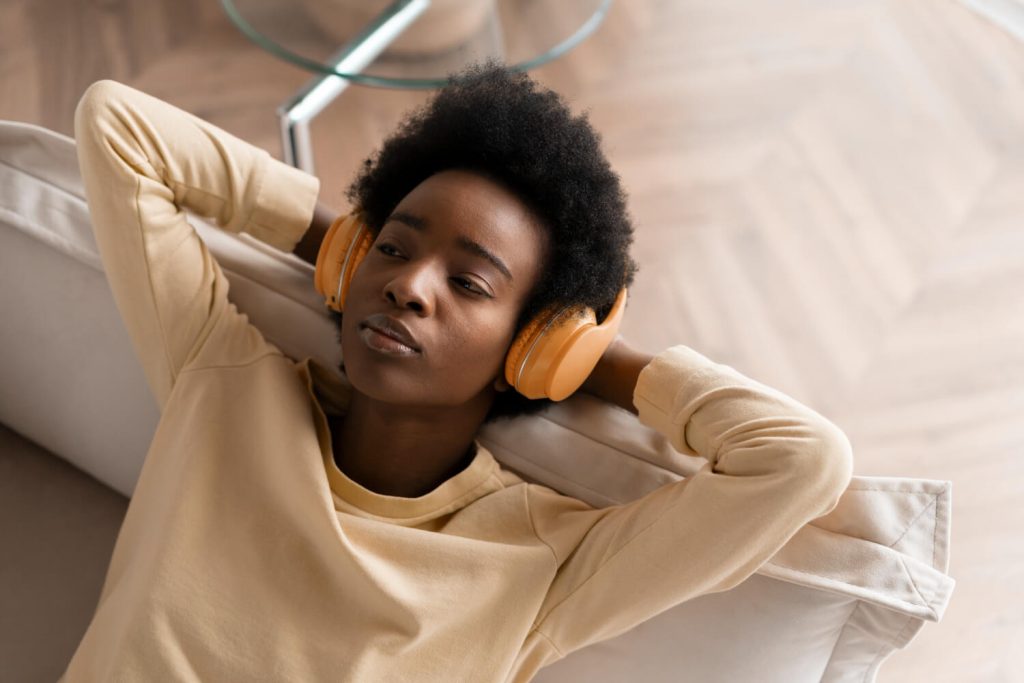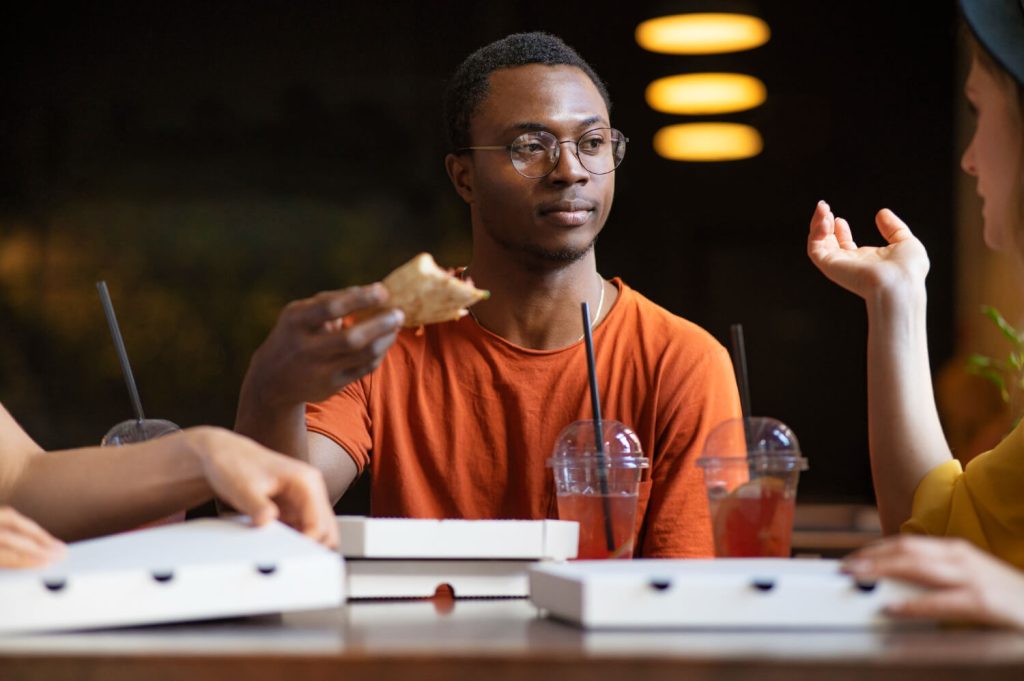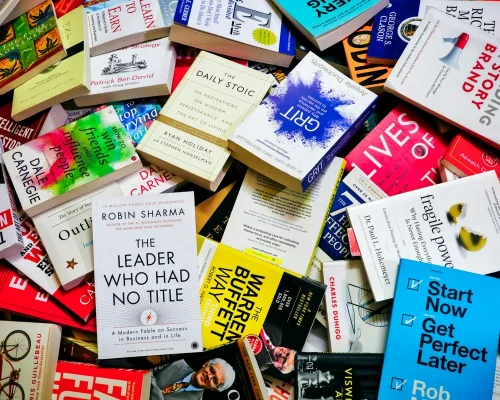“Experience is the best teacher” – it’s a phrase that’s been echoed through the ages, suggesting that the most profound lessons are learned through direct, personal encounters with the world. While there’s undeniable truth in this adage, it’s not the whole story. In fact, relying solely on experience can be limiting, misleading, and even detrimental in certain situations.
When Experience is the Best Teacher

There are instances where experience is undeniably the most effective way to learn and grow.
-
Learning by Doing: Think of a child learning to ride a bike. No amount of verbal instruction can replace the hands-on experience of wobbling, falling, and eventually finding their balance. This principle applies to countless skills, from cooking to coding – hands-on experience often leads to deeper understanding and mastery.
-
Emotional Intelligence: Experiencing emotions firsthand, such as joy, grief, or heartbreak, teaches us empathy, resilience, and the ability to navigate complex social situations. These lessons are often more impactful than theoretical knowledge alone.
-
Self-Discovery: Through our experiences, we learn about our strengths, weaknesses, values, and passions. We discover what motivates us, challenges us, and brings us joy. This self-knowledge is essential for making informed decisions and creating a fulfilling life.
The Limitations of Experience: Why It’s Not Always the Best Teacher

While experience is undoubtedly valuable, it’s important to acknowledge its inherent limitations as a source of knowledge and wisdom:
-
The Limited Scope of a Single Life: Our time on Earth is finite, and we simply cannot experience everything in one lifetime. If wisdom were solely derived from personal experience, we’d be confined to a narrow understanding of the world, shaped only by the events we directly encounter.
-
The Subjectivity and Fallibility of Experience: Our perception of reality is inherently subjective. Two people can experience the same event and go away with vastly different interpretations. This means that personal experience, while valuable, is not always reliable or objective. We may misinterpret events, draw inaccurate conclusions, or be influenced by biases and emotions. What one person considers a triumph, another might view as a failure. Our unique backgrounds, beliefs, and personalities colour our interpretations of experiences, making it essential to consider multiple perspectives.
-
The Unequal Distribution of Experience: Not everyone has equal opportunities to experience different aspects of life. Some people may face systemic barriers, limited resources, or social injustices restricting their experiences. Relying solely on personal experience perpetuates inequality and ignores the richness of perspectives that exist beyond our individual lives. For instance, someone who has grown up in poverty may have a vastly different understanding of financial responsibility than someone who has always had access to wealth.
-
The Danger of Overgeneralization: It’s easy to overgeneralize from our limited experiences and draw broad conclusions about the world. For example, a single negative encounter with a person from a certain group can lead to harmful stereotypes and prejudice. It’s crucial to remember that our personal experiences are just a small sample of the vast spectrum of human experience.
-
The Inability to Predict the Future: Experience can teach us about the past, but it doesn’t necessarily equip us to predict the future. The world is constantly changing, and new challenges and opportunities arise that we may not have encountered before. Relying solely on past experiences can make us inflexible and resistant to change, hindering our ability to adapt and thrive in new situations.
-
The Potential for Trauma and Harm: Not all experiences are positive or beneficial. Some experiences can be traumatic or harmful, leaving lasting emotional and psychological scars. It’s unrealistic and potentially harmful to expect everyone to learn solely through painful experiences. We can learn valuable lessons from the mistakes and misfortunes of others without having to endure unnecessary suffering ourselves.
By acknowledging these limitations, we can approach the idea of “experience is the best teacher” with a more nuanced understanding.
Beyond Experience: Embracing a Multifaceted Approach to Learning
Experience is a valuable tool, but it’s just one tool in our learning toolbox. To truly thrive, we need to adopt a more holistic approach that combines personal experience with other sources of knowledge and wisdom.
-
Learning from Others: Seek diverse perspectives through books, articles, documentaries, conversations, and mentorships. Learn from the successes and failures of others to broaden your understanding of the world and avoid repeating their mistakes.
-
Reflection and Analysis: Don’t just go through the motions of life; take the time to reflect on your experiences, analyze your actions, and extract valuable lessons. Journaling, therapy, or quiet contemplation can help you gain deeper insights into yourself and the world around you.
-
Embracing Mistakes: Instead of fearing failure, view it as an opportunity for growth. Every mistake is a chance to learn, adapt, and improve.
-
Continuous Learning: The world is constantly evolving, and so should our knowledge. Embrace a mindset of lifelong learning, seeking out new information, skills, and experiences to stay relevant and adaptable.
Conclusion
Experience is undoubtedly a powerful teacher, but it’s not the only teacher. Instead, embrace a multi-faceted approach to learning that combines personal experience with other sources of knowledge and wisdom. And remember, the pursuit of knowledge is a lifelong journey. Embrace every opportunity to learn, whether through direct experience, the wisdom of others, or the simple act of reflecting on your own life. By doing so, you’ll cultivate a rich and nuanced understanding of the world and become a more well-rounded, adaptable, and ultimately, successful individual.

